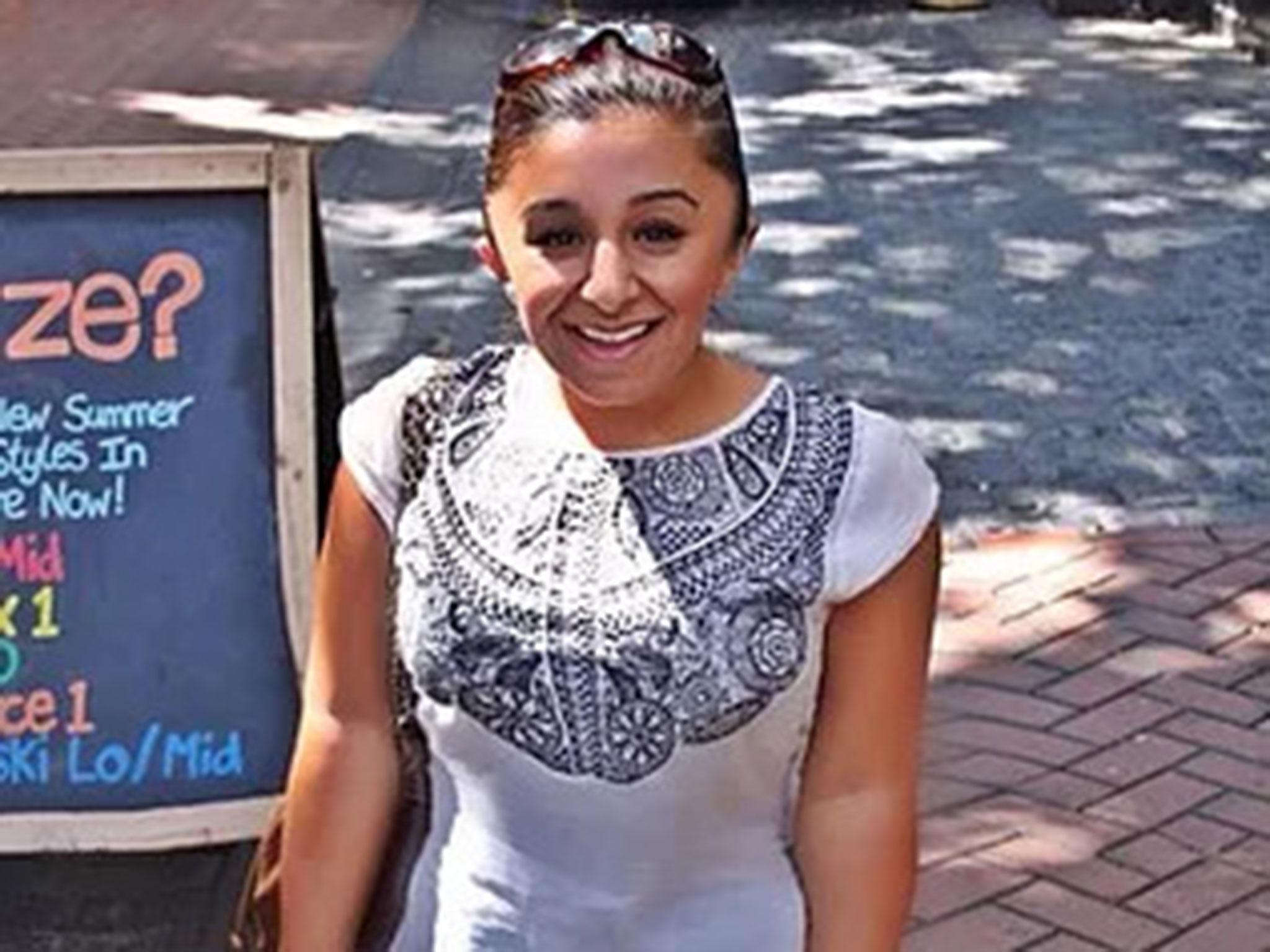Woman who applied for 100 jobs finally got interview after hiding her disability
'It was disheartening at such a young age'

Many people are worried about telling their employer about a disability, research has revealed, and one woman who applied for hundreds of jobs only got an interview after hiding her disability.
Shani Dhanda, 30, who has the brittle bone condition Osteogenesis imperfecta, claimed she failed to get a single interview after leaving school at 16.
It was only after she decided not to reveal her condition that she received an offer for an interview "almost immediately," which led to her first job.
"It was disheartening at such a young age," she told the BBC. "Even the careers advisor at school told me to get a job in the local council as that would be good for me."

Because of her disability and her height, 3ft 10, Ms Dhanda applied for administrative and telecommunications roles.
"When I decided not to reveal my disability on my applications I got an interview and a job in telesales almost immediately," she said.
A survey of 1,000 disabled adults by Scope showed that half were worried about talking to their employer and two in five felt "uncomfortable" asking for workplace adjustments.
The charity said employers should create an environment where disabled staff feel comfortable discussing their condition or impairment and know that support and adjustments are available.
Scope Chief Executive Mark Atkinson said: "This report should be a wake-up call for businesses as it exposes the real challenges thousands of disabled workers face every day when trying to access the vital support they are entitled to.
"We need to drastically transform workplace culture so all employees are confident requesting support and can discuss their impairment or condition on their own terms.
"Employers who don't make their workplace genuinely inclusive will lose hugely valuable members of their team because they are unable to stay or progress in that job.
"We can and must solve this problem, but employers and the Government must act now to ensure workplaces are truly inclusive and HR policies on equality aren't just a document on a shelf."
Join our commenting forum
Join thought-provoking conversations, follow other Independent readers and see their replies
Comments
Bookmark popover
Removed from bookmarks